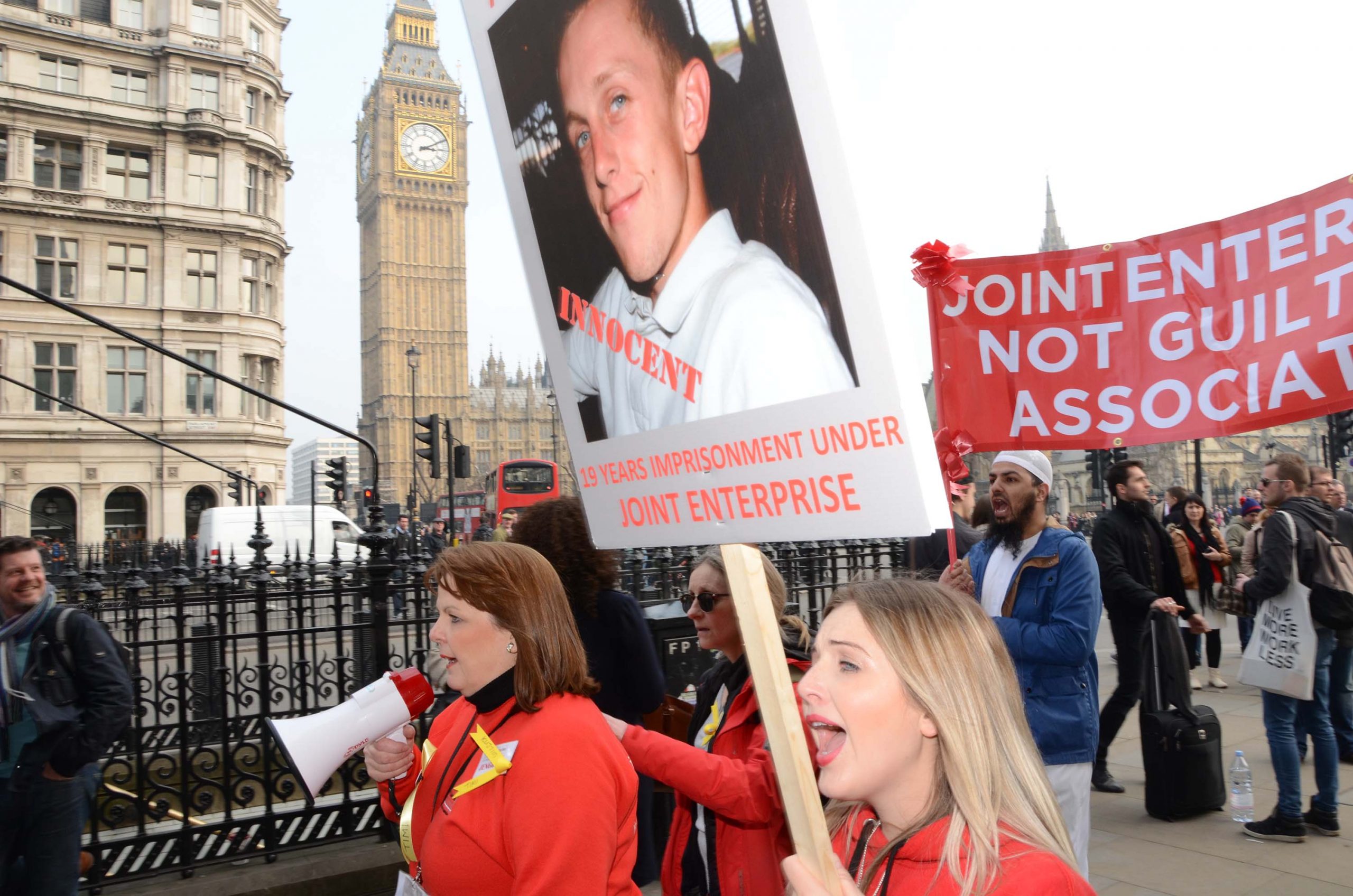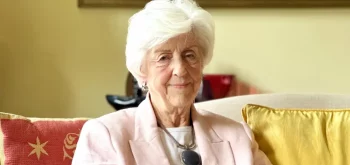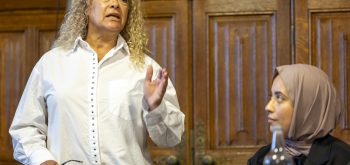The Crown Prosecution Service has finally agreed to track data on the race of those prosecuted under the joint enterprise doctrine, more than a decade after the issue was flagged by MPs.
Critics have long accused joint enterprise – the controversial legal doctrine under which individuals can be convicted of murder even if they were bystanders – of acting as a ‘dragnet’ disproportionately pulling BAME young men into the criminal justice system. It is reckoned that as many as six out of 10 of men serving over 15 years under joint enterprise convictions could be BAME and four out of 10 Black.
The CPS has not previously kept data on joint enterprise prosecutions, even though the House of Commons’ Justice Committee has twice called upon the courts to monitor its application. As reported on the Justice Gap in 2012, MPs were shocked to learn the number of people charged as secondary participants was unknown meaning it was, in their words, ‘difficult to judge whether any, or all, of the criticisms on the use of joint enterprise that we heard from several witnesses are well-founded’. ‘We look forward to studying the data as soon as it is available,’ the committee added.
Two years later the MPs returned to joint enterprise only to report that data made available allowed for ‘only the most tentative conclusions’ to be drawn as to whether prosecutors were overcharging.
Yesterday it was revealed that as a result of a legal challenge by the campaign group JENGbA, represented by Liberty, the CPS has now agreed to monitor data on the ethnicity of defendants, as well as whether the case is presented as ‘gang-related’.
Gloria Morrison and Jan Cunliffe, co-founders of JENGbA, said that joint enterprise prosecutions were ‘racist, deliberately targeting marginalised communities by collectively punishing them’. ‘Unfortunately, many people are still unaware that this doctrine is used to criminalise groups of often vulnerable young people of colour, but with Liberty’s invaluable help we have been able to demand that the CPS records the data of ethnicity and disabilities and report on this data in the coming months. The Government’s “tough on crime” rhetoric has been harnessed to give Life sentences to innocent secondary parties – it is a stain on our justice system and one that debunks any notion of the best justice system in the world.’
They argued that the ‘evidential bar’ in a joint enterprise case was ‘so low that any one of us could be convicted of someone else’s crime’. ‘All a prosecutor needs is a gang narrative, instead of real evidence, to convict multiple people of murder… Today’s win is just the first win in a huge battle to create a justice system that we can all trust.’
Lana Adamou, a lawyer at Liberty, said yesterday’s success was ‘a huge step forward’. ‘This is not the end of the battle, but being able to see plainly the extent of any discrimination in who is targeted under the joint enterprise doctrine is a crucial step forward in ending its use.’







